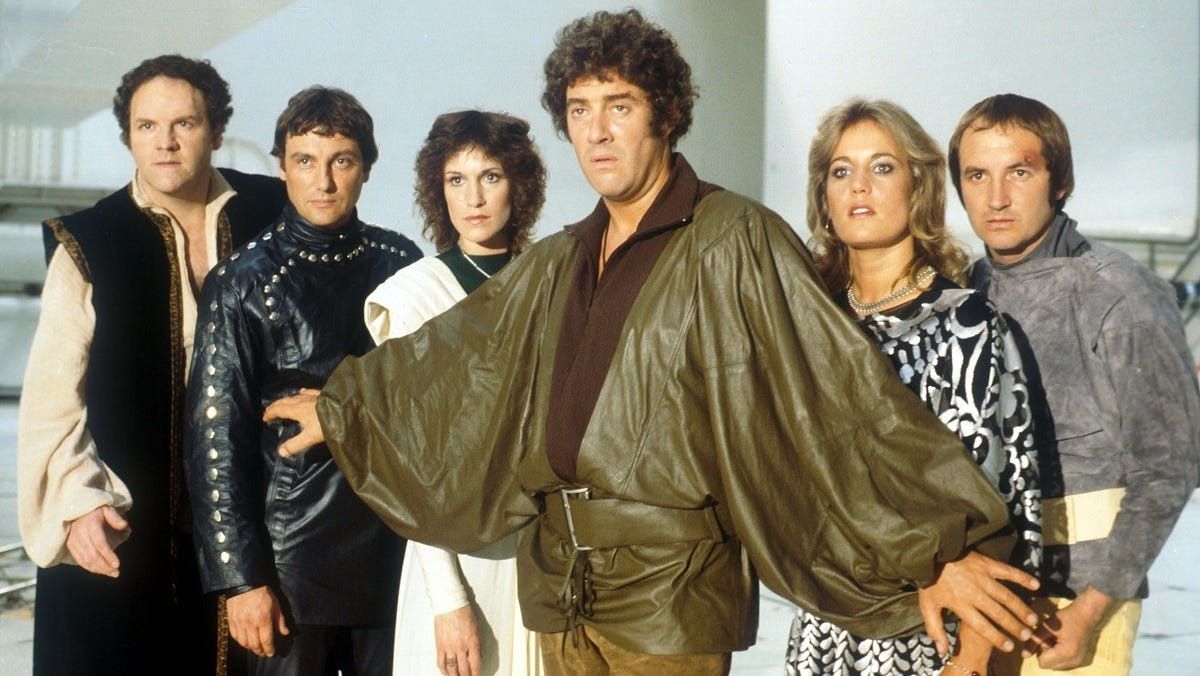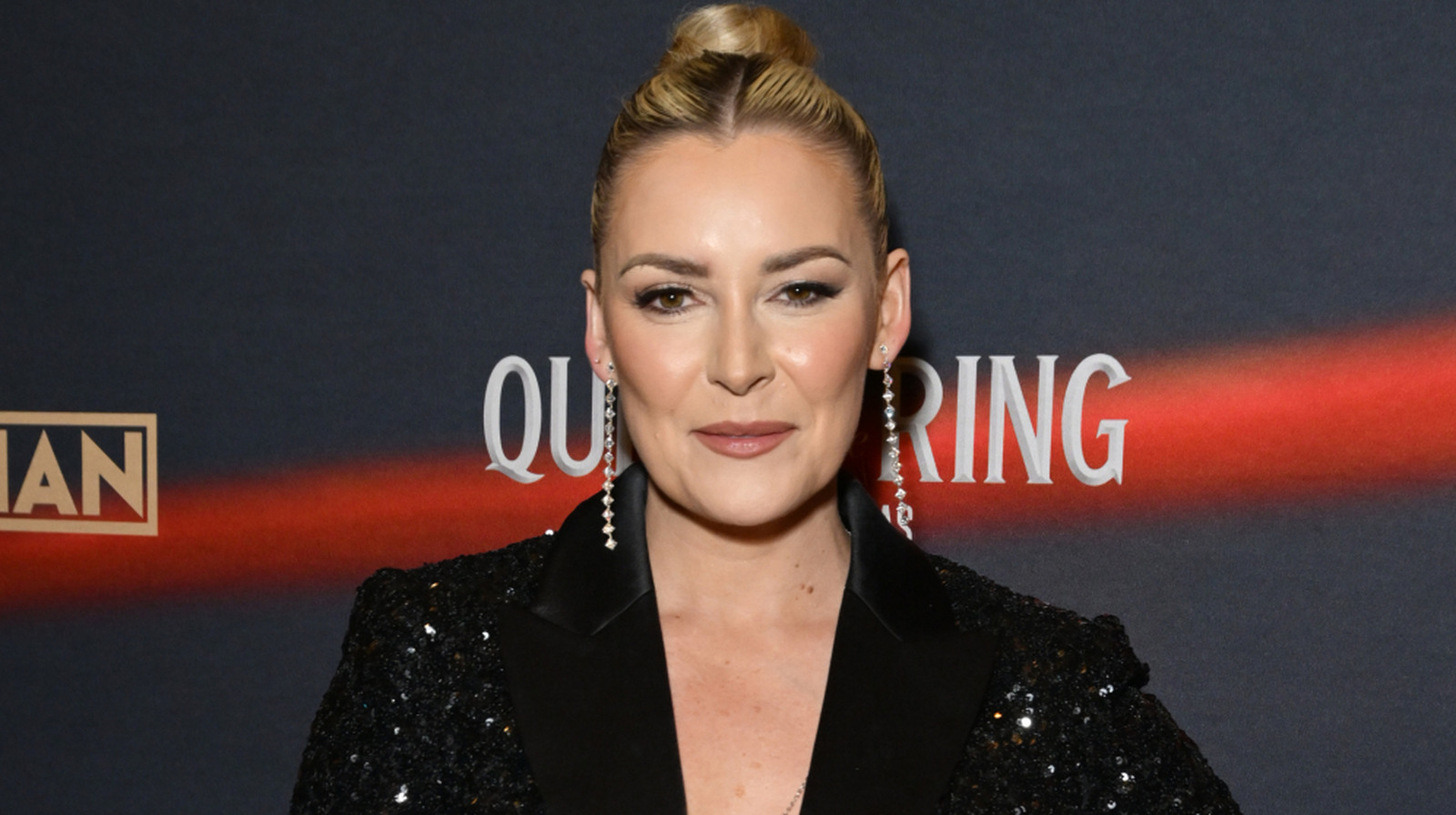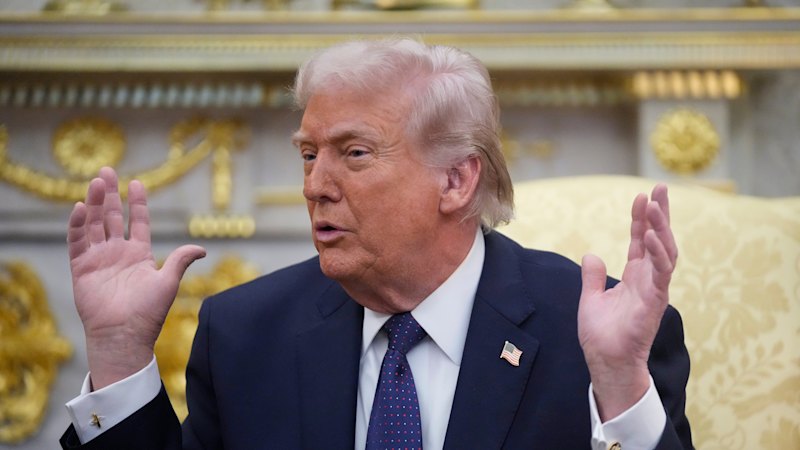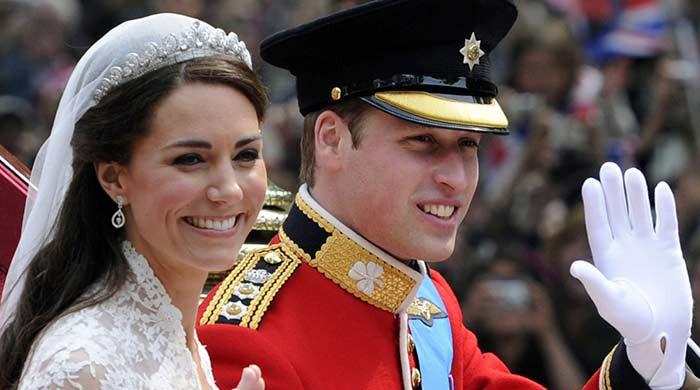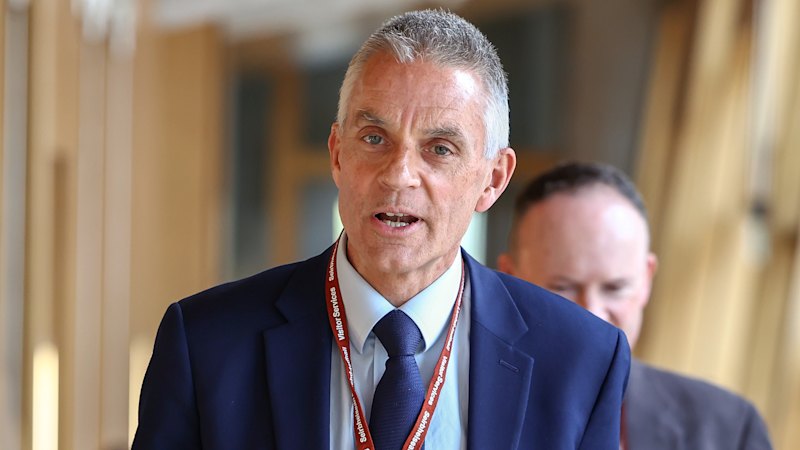
In a dramatic turn of events, the BBC’s director-general and its chief executive of news have resigned following accusations from the White House that the broadcaster disseminated “fake news” in a 2024 documentary featuring edited footage of Donald Trump. The resignations come as a shock, particularly as they precede a parliamentary hearing set to investigate the BBC’s airing of the contentious documentary.
U.S. President Donald Trump expressed satisfaction with the resignations, condemning those responsible for the video editing as “dishonest people” who allegedly attempted to influence the U.S. presidential election held last November. The documentary in question, titled Trump: A Second Chance?, was broadcast on the BBC’s Panorama program and has been at the center of a growing controversy over claims of political bias.
Resignations and Repercussions
Tim Davie, the BBC’s director-general, announced his resignation late Sunday night in London, citing the need to take “ultimate responsibility” for the errors made. His departure was closely followed by that of Deborah Turness, the chief executive of BBC News, who also stepped down, acknowledging the damage caused to the institution she holds dear.
“Overall the BBC is delivering well, but there have been some mistakes made and as Director-general I have to take ultimate responsibility,” Davie stated. Turness echoed similar sentiments, emphasizing the importance of accountability in public life. “In public life, leaders need to be fully accountable, and that is why I am stepping down,” she said.
“The ongoing controversy around the Panorama episode on President Trump has reached a stage where it is causing damage to the BBC – an institution that I love,” Turness noted in her statement to staff.
Background and Context
The controversy stems from a documentary aired on October 28, 2023, just a week before the U.S. presidential election. The documentary included a segment of Trump’s speech to supporters on January 6, 2021, which was edited to combine two separate statements. This editing choice sparked accusations of bias and manipulation, leading to the current crisis within the BBC.
The London Telegraph played a pivotal role in bringing these issues to light, publishing a leaked assessment that criticized the documentary’s editing. This revelation has intensified scrutiny on the BBC, with the broadcaster expected to issue an apology for the documentary’s content.
Political and Institutional Reactions
Trump’s reaction was swift and scathing. He took to Truth Social to lambast the BBC, asserting that the broadcaster’s actions were an attempt to “step on the scales of a Presidential Election.” He also thanked The Telegraph for exposing what he described as “Corrupt ‘Journalists’.”
“The TOP people in the BBC, including TIM DAVIE, the BOSS, are all quitting/FIRED, because they were caught ‘doctoring’ my very good (PERFECT!) speech of January 6th,” Trump posted.
Meanwhile, British Culture Secretary Lisa Nandy acknowledged Davie’s service, stressing the importance of trusted news and high-quality programming. “Now more than ever, the need for trusted news and high-quality programming is essential to our democratic and cultural life, and our place in the world,” she stated.
Implications and Future Steps
The resignations and the surrounding controversy have significant implications for the BBC, an institution that has long been regarded as a paragon of journalistic integrity. The fallout may prompt a reevaluation of editorial practices and oversight within the organization.
As the BBC navigates this tumultuous period, the focus will likely shift to rebuilding trust with its audience and ensuring that such controversies do not undermine its reputation. The parliamentary hearing scheduled to investigate the documentary will be a critical step in addressing these issues and determining accountability.
Looking ahead, the BBC’s leadership transition will be closely watched, with stakeholders eager to see how the broadcaster will adapt and evolve in response to these challenges. The outcome of this situation could have lasting effects on the BBC’s role in global media and its relationship with audiences worldwide.
